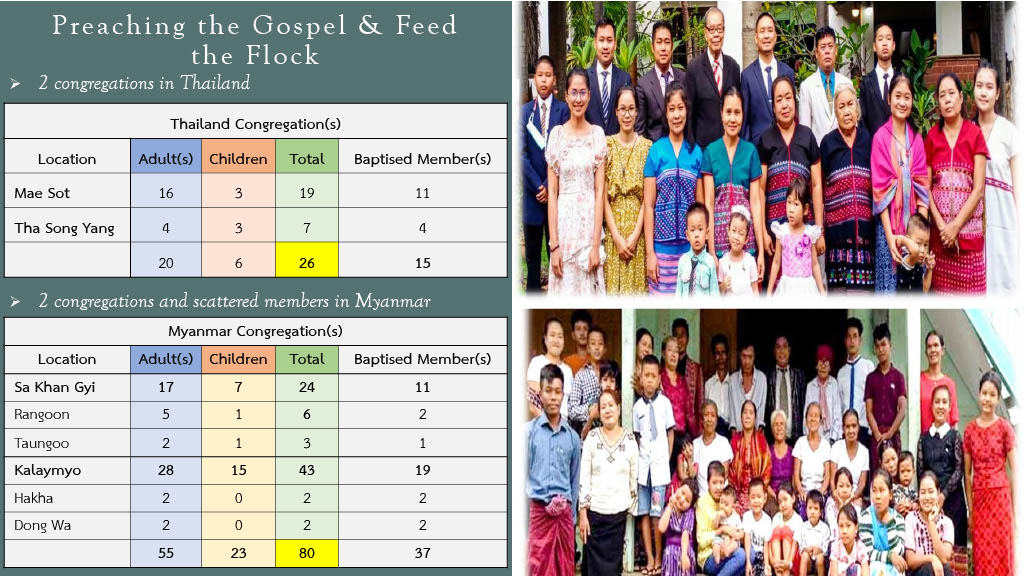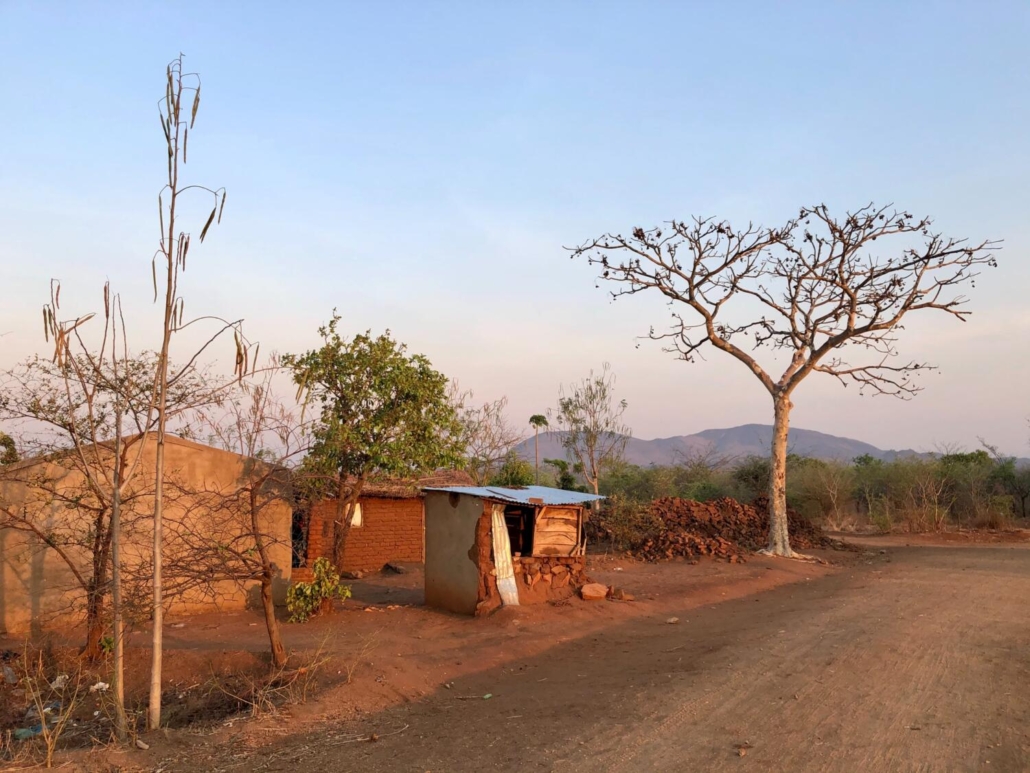Delve Into History
Author: Nathan Kroon | Student Leader, Living Education – Charlotte, 2022-23
Estimated Reading Time: 9 min.
How seriously do we take the topic of history? Mr. Bob Rodzaj discussed this with the students of Living Education in this forum.
He recalled a trip that he took to Gettysburg, Pennsylvania, in his youth. He said that, like most children on trips to historical places, he only remembered monuments and grass, neglecting to appreciate why the town is famous in the first place: the Battle of Gettysburg. After revisiting it 30 years later and learning about what happened there, his eyes were opened. It expanded his worldview exponentially, and he then realized what he was missing, how much he was missing, and the difference it could make. History can enrich our lives and increase our potential in so many ways. Mr. Rodzaj encouraged us to delve into history—whatever strikes our fancy or satisfies our curiosity—to do just that.
A Modern Disinterest in History
Many people today have no interest in history. True history is not really being taught in our schools. Some young people do not even know who won the American Civil War, let alone that there even was one! Historical movies can seem long and boring when we don’t appreciate the background and context—and the life lessons that can be learned. But everyone loves a good story, and history is all about stories—stories that can benefit us in so many ways.
History is Everywhere!
The Bible is full of doctrine, prophecy, and examples of Christian living—AND history, from beginning to end. Many of the books found in the Bible are full of history. The book of Revelation itself is history written in advance! Many geographic locations can also be a great source of history. Mr. Rodzaj attended Virginia Tech for five years, but failed to appreciate at the time that the state of Virginia is saturated with early American and Civil War history. As a result, he missed out on a lot of potential learning! Modern Church history is also wholly interesting and beneficial. Many helpful lessons can be learned from the history of the Worldwide Church of God: stories of zeal, healings, massive growth, getting off track, getting back on track, the times surrounding the death of Herbert W. Armstrong, apostasies, and splits. Mr. Rodzaj recalled that he came into the Church in 1979, later attended Ambassador College, and eventually had to make difficult decisions when the great split came about. He was grateful to be surrounded by dedicated individuals who had experienced those earlier days—individuals who provided good examples to follow—which helped him to navigate the challenges, and to end up in the Living Church of God.
What History Teaches Us
Mr. Rodzaj gave examples of lessons history can teach us:
- A Lesson in Remaining Strong in the Faith
Revelation 2 and 3 tell us all about the eras of God’s Church. The Sardis era is known as the “dead church”, yet not all people’s faith were completely dead during this time. In Revelation 3:4, Christ said “You have a few names even in Sardis who have not defiled their garments; and they shall walk with Me in white, for they are worthy.” Mr. Rodzaj also read from The Incredible History of God’s True Church, by Ivor C. Fletcher, which listed a few inspiring figures that persevered in their faith during the Sardis era, despite the Church of that era being religiously dead for the most part. Accounts like these can help encourage us to stay faithful in the hardest times, as well as to understand what we may face today or in the future.
- A Lesson in Leadership
During the American Civil War, Union General George B. McClellan and Confederate General Robert E. Lee provided a contrast in leadership styles. In the deadliest day-long battle in America’s military history, the battle of Antietam, McClellan led his army from a mile away, receiving reports and giving orders, distant and detached from what was really going on in the heat of battle. Meanwhile, Lee, engaged and involved, rode on horseback up and down his lines for hours to command his men. Though the Union had nearly twice as many soldiers than the Confederates, the battle ultimately ended in a draw because of the leadership of Lee. Lee’s example emphasizes how important it is to be engaged and involved as leaders.
- A Lesson in Communication
Abraham Lincoln was an amazing communicator whose use of figurative speech and metaphor—clear, forceful, and logical—helped America through the greatest test of its history. Lincoln’s famous “house divided” speech on the issue of slavery in America convinced many that slavery tolerated and expanded would indeed cause the nation to collapse. In the famous Gettysburg Address, likely the most well-known speech in history, Lincoln framed in two minutes the great significance of the struggle to preserve the nation. Edward Everett, who spoke for two hours prior to Lincoln’s short address, wrote, “I should be glad, if I could flatter myself that I came as near to the central idea of the occasion, in two hours, as you did in two minutes.” Lincoln was a gifted communicator; studying his example can help us to grow as communicators as well.
- A Lesson in Virtues to Emulate
History provides examples of great and unselfish leaders that can help us to emulate them. The book Team of Rivals, by Doris Kearns Goodwin, describes the political genius and magnanimity of Abraham Lincoln, who placed in his own Cabinet political rivals he had run against in his presidential campaign. He had to continually deal with men who believed he was moronic, men who criticized his decisions and actions were utterly foolish. Yet he dealt with these men respectfully, recognizing their value and counsel. Because of Lincoln’s gracious and respectful treatment, these men became his greatest admirers and devotees.
- Lessons in What to Do and What Not to Do
History can teach us what to do and what not to do. In the Civil War, Ulysses S. Grant was highly regarded as a general, but his early overconfidence almost cost him dearly in some of his initial battles. General McClellan, who struggled with fear and insecurity, squandered many opportunities to end the Civil War early on as a result. History also shows us how temperament and personality can affect people’s choices and decisions. Studying historical figures’ great successes and failures, and why they occurred, can help us to analyze our own behaviors, and steer us away from making similar mistakes.
- A Lesson in the Complexities of Human Nature
Learning about the backgrounds of historical figures can show us how human nature develops and operates within people, and how they affect a person’s motives and behavior. The book Crucible of Command analyzes how the upbringings of Ulysses S. Grant and Robert E. Lee affected their leadership later in life. Grant, in his early life, was not the brightest boy, but he had grown up in a family with a father present to mentor him. He became very patient, understanding, and successful in leading and dealing with people because of this. Confederate General Robert E. Lee, on the other hand, grew up with an absentee father, leaving him a product of paternal neglect. He grew up having to take care of a mother who struggled with depression and needed constant care. As a result, Lee struggled with melancholy, and did not deal with those he commanded head-on, but indirectly, which at times was problematic. We all have different backgrounds, so understanding what factors into our mindsets early on can help us to better analyze our own behavior and be better prepared to deal with people in this life and in the next age.
Caution: There’s Always A Narrative!
In studying history, be aware that there’s always a narrative that can impact our point of view and what we can learn from historical accounts. Bible translations and commentaries provide examples for us. Mr. Rodzaj explained that Bible translations often depend on the agenda of the translators. That’s why it’s important for us to become familiar with the authors of the translation, their reasons for creating the translation, and how they interpreted the original texts. Likewise, Bible commentaries tend to reflect the belief system of their authors and their own understanding of the Bible. History too has its narratives, and we need to understand the point of view of the historians who relate it, to gain a proper perspective on what really happened and those who were involved.
Much to Gain
There are important lessons to be learned in both worldly and biblical history. History can:
- Help you have an outward mindset and outlook on life.
- Help you make better choices and decisions.
- Help you better understand and deal with other people.
- Help you develop traits and habits that will enhance your personality and character.
- Help you become better qualified to assist Christ in the next age.
So delve into history, and let history enrich your life and increase your potential!

Nathan Kroon is a Student Leader at Living Education. He originally hails from Washington State and is a 4th generation Christian. Currently, he works at Headquarters as a Video Editor and is the Lead Landscaper at the LivingEd dorms. His hobbies include playing guitar, listening to music, drawing, and watching movies.






